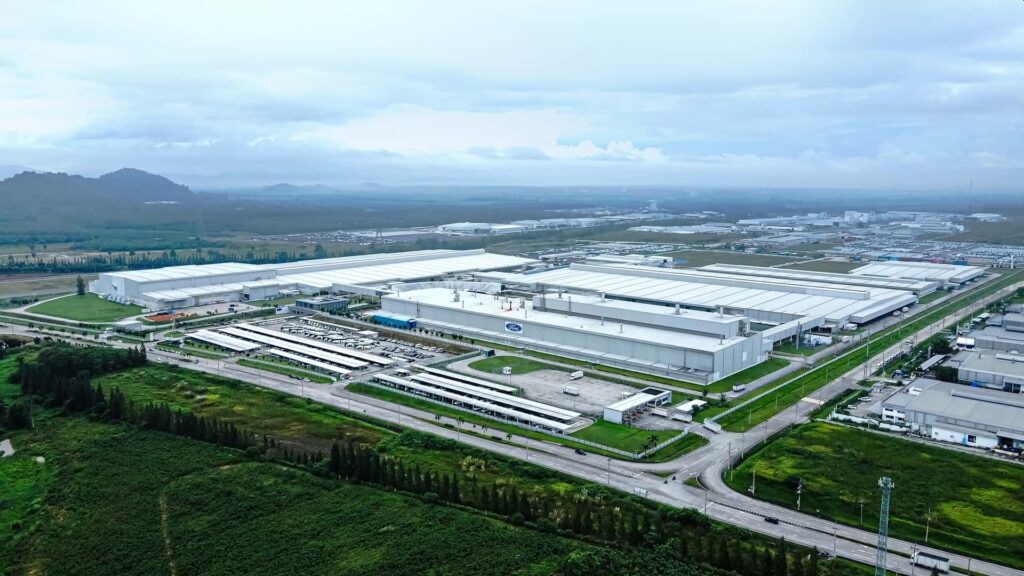
The Vietnamese government has recently announced a 50% reduction in vehicle registration tax in an effort to stimulate the struggling domestic automotive market. This move comes as the industry faces significant challenges, with sales declining sharply and unsold inventory piling up.
Background and Market Conditions
The Vietnamese automobile market has been experiencing a period of stagnation, characterized by high supply and low demand. In the first two months of 2024, there was a notable decrease in both domestically produced and imported vehicles:
- Domestically produced and assembled cars: 37,500 units, down 9.8% compared to the same period in 2023
- Imported cars: 12,955 units, down 51.6% in volume and 54.3% in value compared to the previous year
The total supply of vehicles (including domestic and imported) reached 50,455 units, while sales were estimated at just over 40,000 vehicles, indicating an oversupply of nearly 10,000 vehicles.
Details of the Tax Cut
The government has decided to implement a 50% reduction in vehicle registration tax for domestically produced and assembled cars. Key points of this policy include:
- Effective period: From August 1, 2024, to January 31, 2025
- Applies to: Domestically produced and assembled vehicles
- Previous implementations: This is not the first time such a measure has been taken, with similar cuts applied in 2020, 2021, and 2023
Objectives and Expected Impact
The primary goals of this tax cut are:
- To help revive the flagging domestic vehicle market
- Assist domestic automobile manufacturers in reducing surplus inventory
- Free up valuable working capital for manufacturers
Potential Challenges and Concerns
While the tax cut aims to boost the automotive sector, it also raises some concerns:
-
International trade commitments
The policy may affect Vietnam’s efforts to implement international agreements, potentially violating the national treatment principle within the WTO framework and various FTAs.
-
Environmental considerations
Some experts warn that the tax cut could boost sales of gasoline-powered vehicles, potentially conflicting with Vietnam’s policy on promoting green transportation.
-
Limited effectiveness
Despite previous implementations of similar measures, the market has continued to struggle, indicating that broader economic factors may be at play.
Industry Response
Car manufacturers have already been implementing large-scale promotions and discounts across various segments in response to the market conditions. The tax cut is expected to provide additional support to these efforts.
The Vietnamese government’s decision to cut vehicle registration tax by 50% represents a significant attempt to revitalize the domestic automotive market. While the measure aims to address immediate challenges faced by manufacturers and stimulate demand, it also raises questions about long-term sustainability and alignment with international trade commitments and environmental goals. The coming months will be crucial in determining the effectiveness of this policy in achieving its intended objectives.


